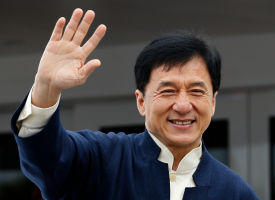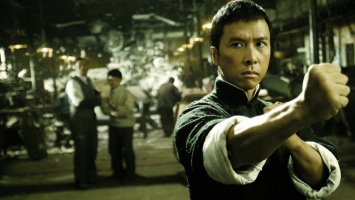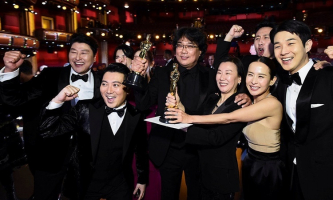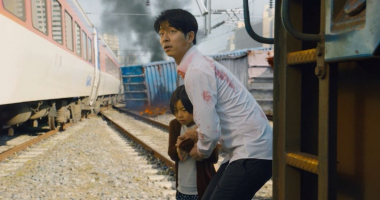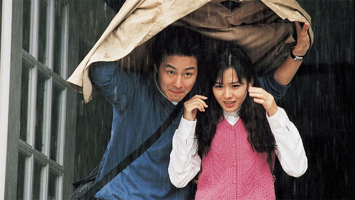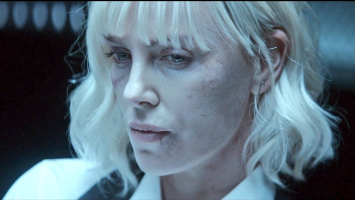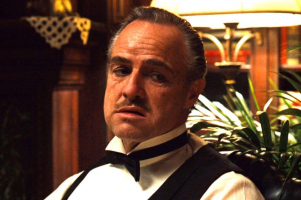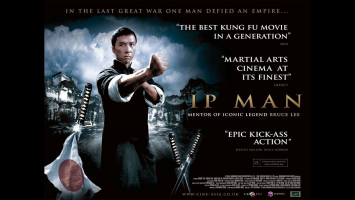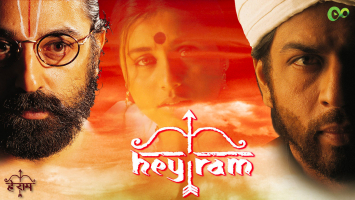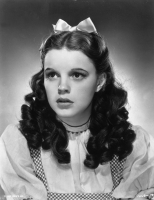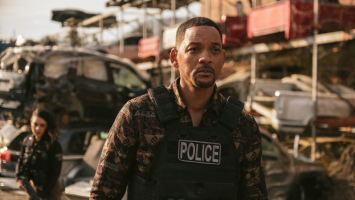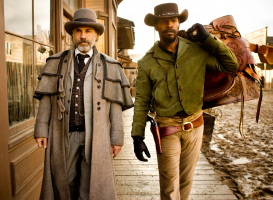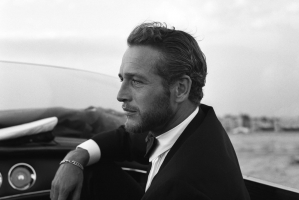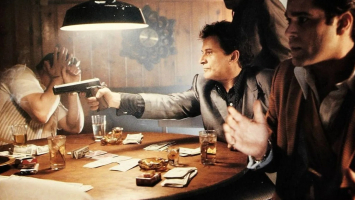Top 15 Best Jackie Chan Movies
Jackie Chan has been a staple of the action-comedy genre in the United States since Rush Hour, but his incredible stunts have been dazzling our screens since ... read more...his debut in Hong Kong films in the 1970s. With his most recent feature, Vanguard, due out in 2020, he shows no signs of stopping down. To honor this timeless legend, Toplist considers the best Jackie Chan movies from his filmography. Don't overlook his early work, which propelled him to fame!
-
Prior to 1985, Chan had demonstrated an interest in enhancing his action with major stunts, but "Police Story" remained the peak of that combination. The opening shantytown montage is so epic that it was ripped off not just by Michael Bay for "Bad Boys II" (1993), but also by Sylvester Stallone for "Tango & Cash" (1989). This first 20 minutes contains more beauty and wonders of the human body than most full movies. And there are still 80 minutes left!
Chan portrays a cop who is pushed to the limit by criminals who outsmart the legal system, and his attempts to bring them down result in chuckles and wince-inducing violence. A staged home invasion is followed by an even more carefully prepared automobile attack, which features excellent comedy choreography. A scene with Chan juggling many phone calls is amazing in and of itself, while the concluding scene in a large mall has yet to be surpassed. When you throw in Bill Tung, Maggie Cheung, and Brigitte Lin, you've got the best Jackie Chan film in a crowded field.
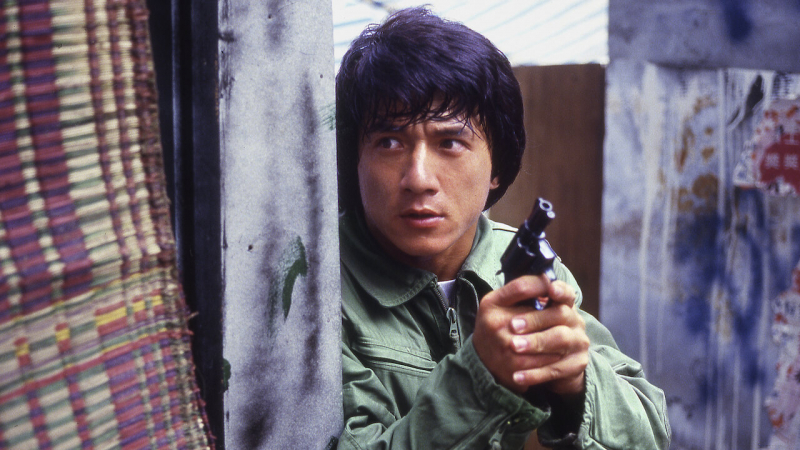
Photo: Netflix Video: Unseen Trailers -
While the majority of Chan's films from the 1980s and 1990s are current action flicks, for this sequel to his 1978 masterpiece, he returned to the traditional period piece. Chan appears in "Drunken Master II" as the rambunctious son of a respected man, and his pranks get his family into problems. The plot sets Chan's Wong Fei-hung against British gangsters attempting to transport Chinese riches out of the country, and it strikes a balance between Wong's two "fights" against the bad guys and his father's constant sadness.
With no fewer than three iconic setpieces interspersed with smaller bursts of pleasure, the action is endlessly brilliant, brutal, and stunning. The film begins with Chan and Lau Kar-Leung fighting beneath a train and a platform, both of which compel them to fight stooped over in close spaces. Later, they partner up for a legendary teahouse brawl against hundreds of goons, in which they use every bench, chair, and pole available. Chan is scorched, bruised, and red in the face in his final bout with Ken Lo, a top-five match in Chan's career, as he imbibes rage-inducing alcohol almost to the point of bursting.
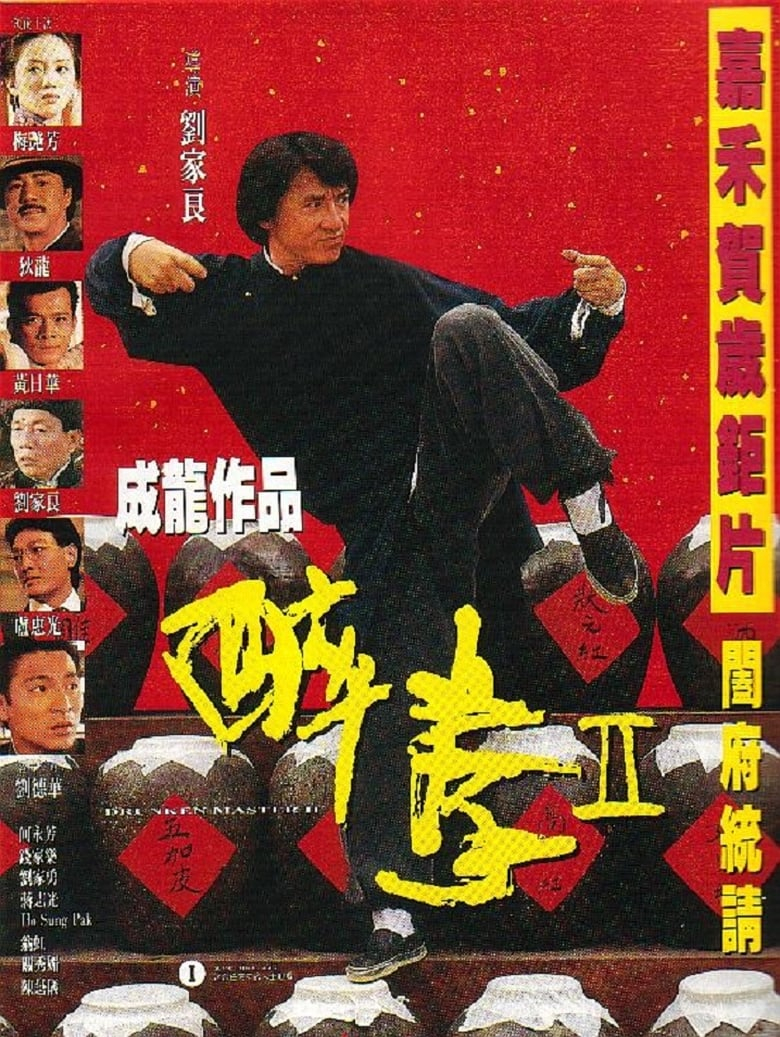
Photo: THUYETMINHVIET.COM Video: Warner Archive -
You wouldn't expect to see pirates in a Hong Kong martial arts film, but with "Project A" and its sequel, "Project A 2," Chan was thinking outside the box (1987). He plays Dragon Ma, a Coast Guard cadet turned cop who becomes a rogue hero when he discovers a corrupt police force conspiring with pirates. That won't stand, so Ma teams up with Yuen Biao and Sammo Hung to take down the evil guys. Unlike their beloved "Lucky Stars" trilogy, which missed out on this list due to the trio's minor roles and an excess of objectively bad comedy, the three skilled buddies get more screen time here. That's why Project A (1983) has its name on the list of the best Jackie Chan movies.
The film features multiple battles, but the set pieces and stunts are the highlights. Chan places himself in intricate positions that alternate between hazardous and humorous, from a Harold Lloyd-style sequence dangling from — and tumbling from — a clocktower to a Buster Keaton-style bicycle pursuit. At the end of that clocktower fall, he almost broke his neck. This isn't "Cutthroat Island" (1995).
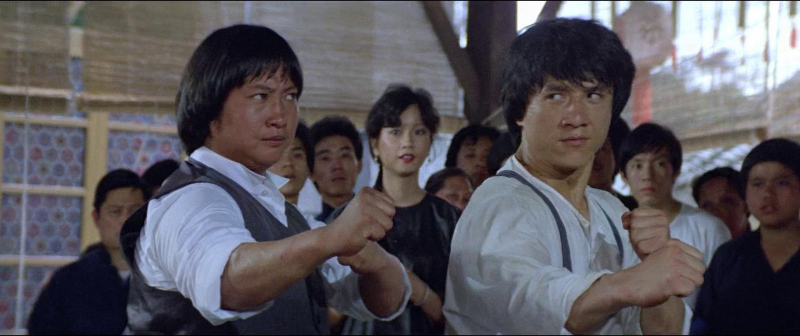
Photo: IMDb Video: The Popcorn Drop -
The franchise moves from Hong Kong to the mainland, but that isn't the only significant change. After years of seeing women in Chan films as props or punchlines, "Supercop" sees him finally have the bravery to let one be a total badass. Michelle Yeoh joins the expedition and proves to be a fighter and action star in equal measure. She's got the humorous pattern down, and the two of them are a dynamically engaging team.
As the two go undercover to take down a drug lord's business, the picture offers the anticipated mix of combat and stunts, and it all feels grander as a result. Stanley Tong, who looks more at ease with the flaming bombast than the nitty-gritty of the battle scenes, takes over as director. It's a trade-off: some of the bouts have less freedom in their editing, but the picture is still a blast to watch. The dramatic conclusion with moving trains, motorcycles, and helicopters is a highlight for everyone involved, but it's remarkable in that Chan highlights Yeoh's stunt performance the most (which presumably explains why they never worked together again). except for "Kung Fu Panda 2" from 2011...).
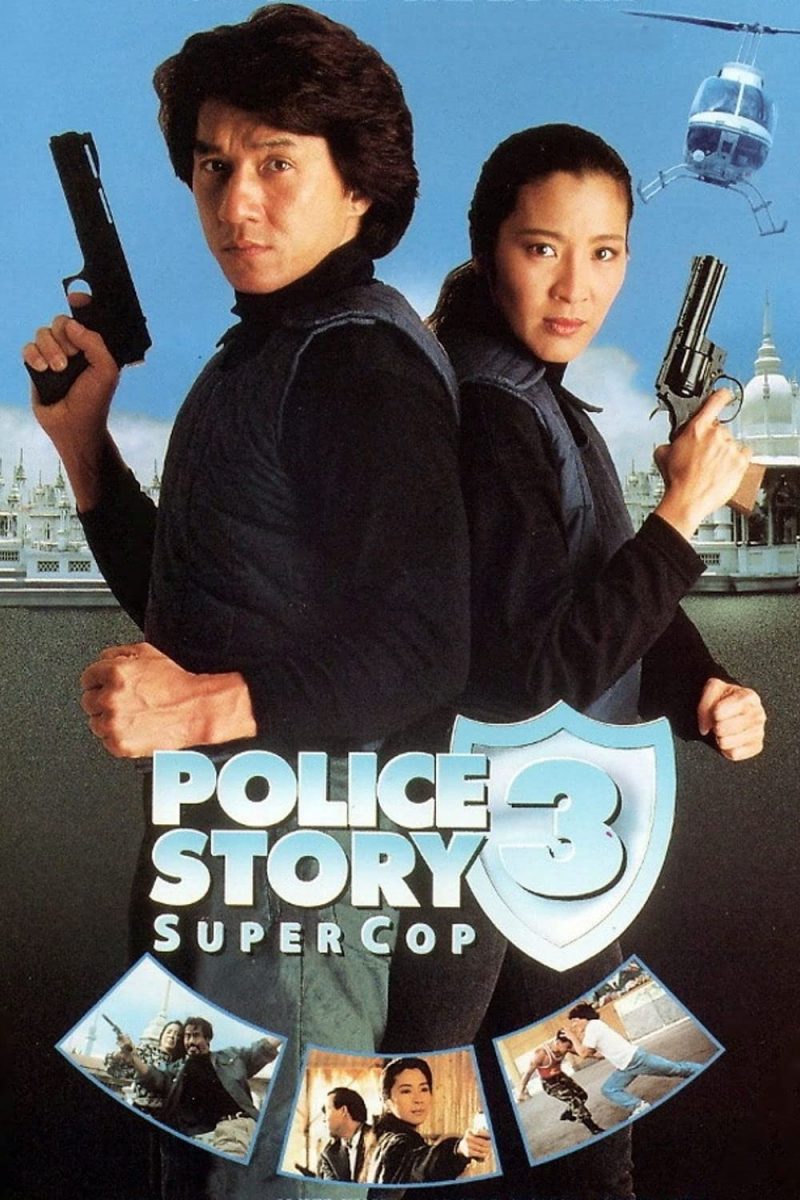
Photo: IMDb Video: World of Trailers -
Xếp thứ 5 trong danh sách những bộ phim hay nhất của Thành Long là Dragons Forever (1988). Holy Trinity chính hiệu là Thành Long, Sammo Hung, và Yuen Biao, có nguy cơ bị nghe báng bổ. " Dragons Forever " là một trong hai thành công lớn nhất của họ với tư cách là một nhóm làm phim, và họ đều tỏa sáng với tư cách là những võ sĩ tài ba với những tính cách vô cùng hấp dẫn. Cốt truyện xoay quanh một công ty hóa chất mờ ám và ba người hợp tác với nhau để chống lại chúng: một luật sư, một tay buôn vũ khí và một nhà phát minh lập dị.
Với một số tác phẩm hài hước, nỗ lực tình yêu và đôi khi nhận xét không chính xác về mặt chính trị - đó là những năm 1980! - cả ba đều có thể thể hiện những kỹ năng tuyệt vời của họ, dẫn đến 90 phút hạnh phúc thú vị. Họ chiến đấu với nhau, sau đó chiến đấu với Benny "The Jet" Urquidez trong một trận tái đấu bốn năm sau sự kiện của "Wheels on Meals." Đáng ngạc nhiên, cuộc chiến thậm chí không phải là điểm nhấn duy nhất ở đây; nó được chia sẻ với Yuen Wah, ông chủ xì gà, người thành công với một nền kinh tế chuyển động hoàn hảo và biết cách quản lý cầu thang tốt hơn bạn.
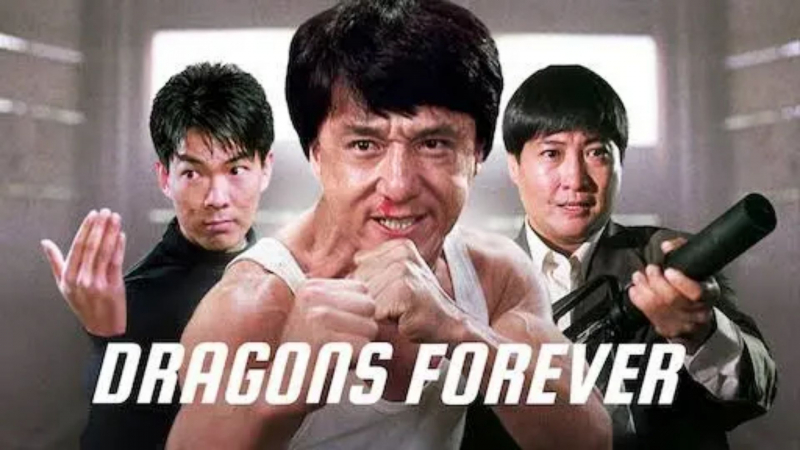
Photo: Bilibili Video: Far East Films -
"Rumble in the Bronx" is a blatantly fun romp. More films could benefit from delivering on their promises so completely - here, Chan and director Stanley Tong simply want to have fun while highlighting Chan's incredible physical capabilities and the stunning mountain scenery that rises magnificently outside of New York City. This was the picture that helped bring Chan into the mainstream in the United States, and it will always hold a special place in my heart for that reason alone — but it also has the crazy and ridiculous action chops to back it up.
Chan portrays a traveler to New York City who discovers a gang-infested neighborhood. When a gang of thugs tries to meddle with him, they are quickly taught how to use anything within reach as a weapon. In every sense, the multiracial gang is exaggerated, yet the humorous flair never gets in the way of the action, which is frequent, rapid, and tremendously entertaining. And that's before a large hovercraft crashes ashore, threatens to run over a toddler, and is eventually destroyed by a brilliant maneuver.
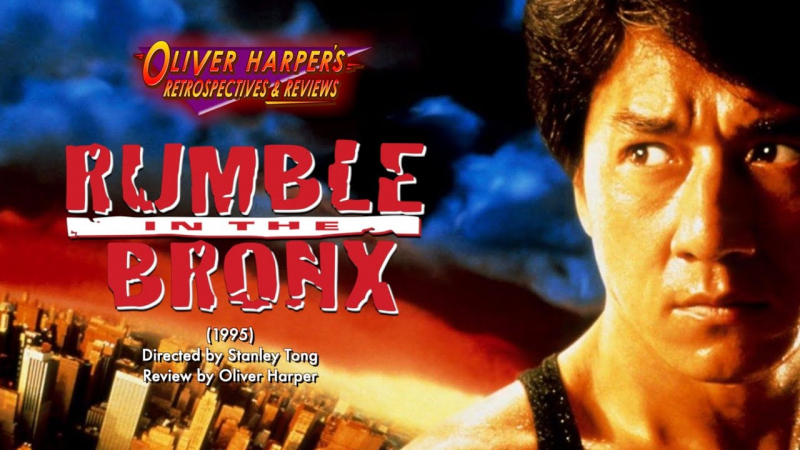
Photo: Oliver Harper Video: HD Retro Trailers -
"Mr. Canton and Lady Rose" isn't exactly known for its action, but don't let that put you off. The film is known by several names, including "Miracles," "Black Dragon," and "The Canton Godfather," but any version you find is a surefire hit. Chan plays a young guy whose fortunes improve after buying a rose from an elderly woman in this loose version of Frank Capra's 1961 film "Pocketful of Miracles." That relationship leads to his becoming a huge boss with a team of thugs under him, but his attempts to straighten out their antics result in friction and hijinks.
While the film's main themes are comedy, romance, and kindness, it also has some fantastic action. Chan's quick and never less than astounding acrobatic talents are showcased in smaller fights and sequences, but a third-act fight in a rope factory is an all-timer, comprising stunning beatdowns and brawls. Chan's direction is spot-on during the huge finale, but it's probably even more so throughout the film, as he perfectly evokes 1930s Hong Kong with vivid period visuals, fluid camerawork, and pitch-perfect production design. It deserves to be one of the best Jackie Chan movies.
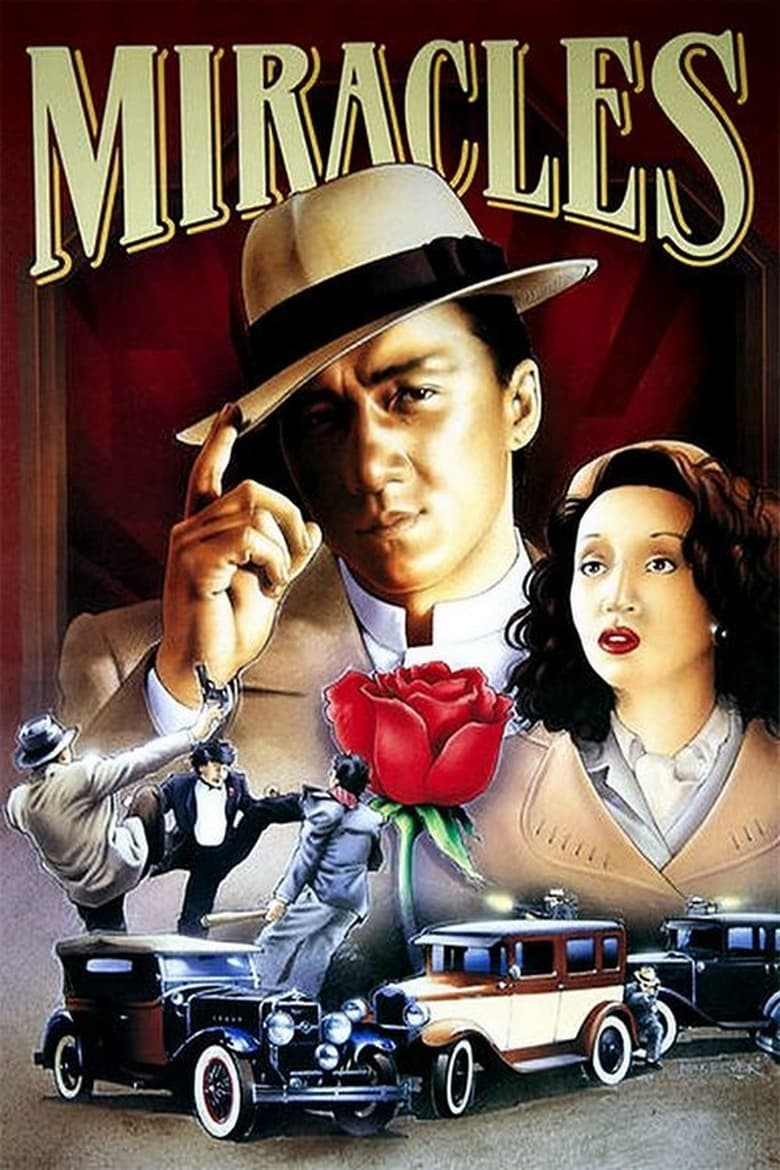
Photo: Xem phim Video: Diêgo Lopes -
"Drunken Master" reunites Chan with filmmaker Yuen Woo-ping for another breakthrough classic, just seven months after "Snake in the Eagle's Shadow." As Chan becomes embroiled in a variety of disputes, the action picks up speed once more. He loses a few early on, including one to his aunt and another to a villain infamous for his "Devil's Kick," but returns to overcome the villain after some tough and visibly painful training.
The film's portrayal of Wong Fei-hung, a much admired and frequently adapted character, is innovative. More than a hundred films have been made about the real-life doctor-turned-martial artist, but Chan was the first to make a serious joke about him. Chan's performance provides viewers with a fun, vulgar, and at times aggressive Wong, which benefits the picture by providing a distinct personality and arc.
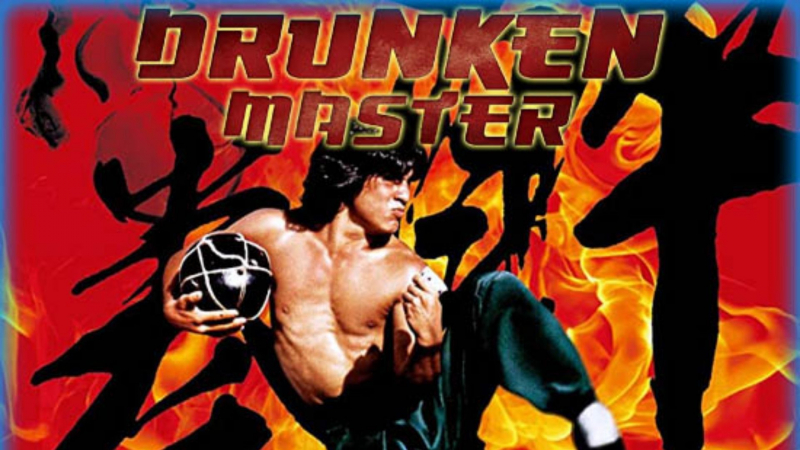
Photo: Gone With The Twins Video: Umbrella Entertainment -
"Police Story 2" makes a concerted effort to continue the story and characters established in the original film. Chan's character is still fighting with his girlfriend (Maggie Cheung), and while he's still being hunted by the baddies from the first film, there's also a new threat in the form of a series of bombings. The film's second act primarily avoids action scenes in favor of character development and plot — which adds some minor bloat and explains the film's apparent lower standing — but it works and generates some laughs. When the action starts, it's brutal.
After some lowlifes kidnap Chan's woman and force him to unleash hell, a restaurant brawl and a scorching playground brawl whetted the appetite for what's to come. In a pyrotechnics factory, the fireworks practically erupt. We get a full ten minutes of Chan fighting multiple bad men, involving fights, spectacular stunts, and a prank that required Cheung to have scalp sutures. It all culminates in a spectacular climax that includes rockets, explosives, neon lights, and more.
Photo: FlixWatch Video: Tue Nguyen -
Chan's filmography is largely filled with fun-loving guys who kick butt, but he's also played serious roles. One such example is "Crime Story." It's nearly like a non-comedic "Police Story." Chan is a cop, a rule-breaker, and he's hunting down some heinous criminals for vengeance, but unlike in the past, when he'd make time for romantic shenanigans and lighthearted action beats, this time it's all business. Some may not agree, but Chan holds his own as an actor while still providing fantastic action sequences, including a brilliantly shot fight under bamboo rafters and flowing drapery.
Chan plays a cop determined to pursue the case through to its end in the film, which is based on the real-life kidnapping of a Chinese executive. There will be gunfights, minor brawls, and some furious car action, but the emotion will be high here. Some may find this strange, yet it works. Chan's cop is suffering from the carnage mentally, which gives the film a deeper emotional tone than most Hong Kong action films. Director Kirk Wong has created a compelling thriller that is well worth your time.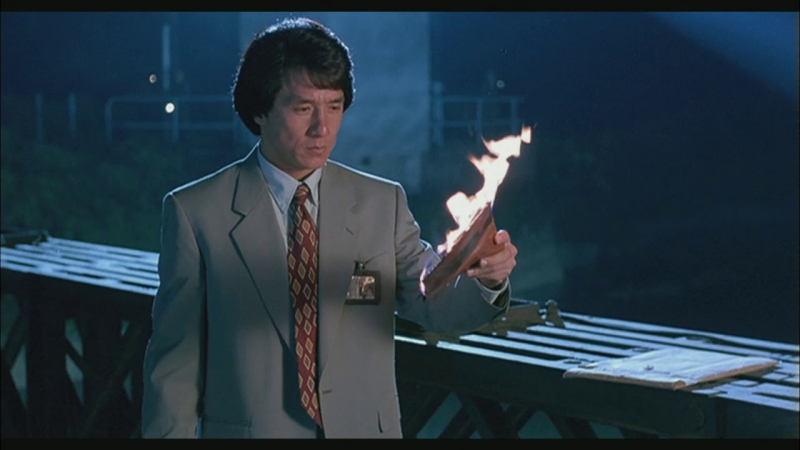
Photo: olcsóhigany Video: Shout! Factory -
The "Police Story" consistency begins to sag here, with no Maggie Cheung, but "First Strike" is still a lot of sun-drenched fun. Chan's Hong Kong cop becomes curiously entangled with the CIA and is dispatched to Ukraine before being transferred to Australia (by way of a Russian submarine). That's right, Stanley Tong is back in charge of the project! That isn't a criticism; the larger action moments keep the audience entertained, and the general ridiculousness never gets in the way of the thrills.
Throughout the film, Chan's legendary fighting prowess is on full show. From the early snowbound brawls to an underwater fight interrupted by a hungry (and hilarious) shark, the film has a lot of new Chan material. The highlight finds him interrupting a memorial in the hopes of just talking, but the targets don't listen and instead attack, leading to a fantastic fight in which Chan uses a ladder brilliantly. "Police Story IV," like "Supercop," avoids the gravity of the first two franchise installments, resulting in stress-free fun.
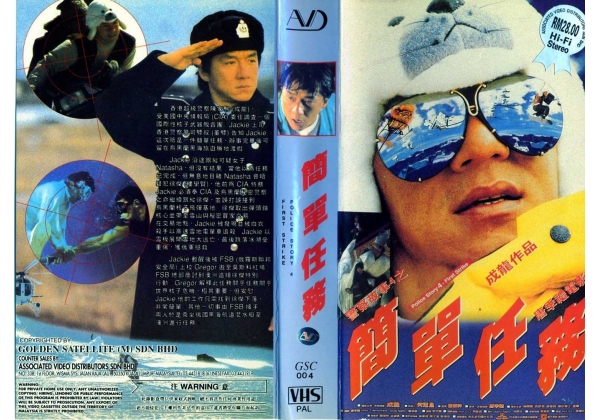
Photo: Video Collector Video: World of Trailers -
Chan returned with a clearly improved handle on pacing, character, and combat directing after making his directorial debut the year before with "The Fearless Hyena" (1979). Chan's character searches for his brother in "The Young Master," but is mistaken for an escaped criminal along the way. He's thrown into several bouts, yet he doesn't require any training; all he needs is motivation. The bad guys are happy to help, resulting in a sequence of setpieces that are deadly serious situations despite the occasional comic relief.
The film's finest peaks come in the form of its bookends, but there are tiny moments throughout. The film begins with a brilliantly choreographed dance in which numerous performers manipulate a dragon-like paper lion through painstaking moves — part dance, part competition, all expertly accomplished — and ends with the anticipated great fight. It takes place atop a hill with views in all directions and lasts around 15 minutes. It's Chan vs. Hwang In-Shik, and our hero keeps getting his a$$ handed to him until a last-minute swig of bong water irritates him and renders him unbreakable.
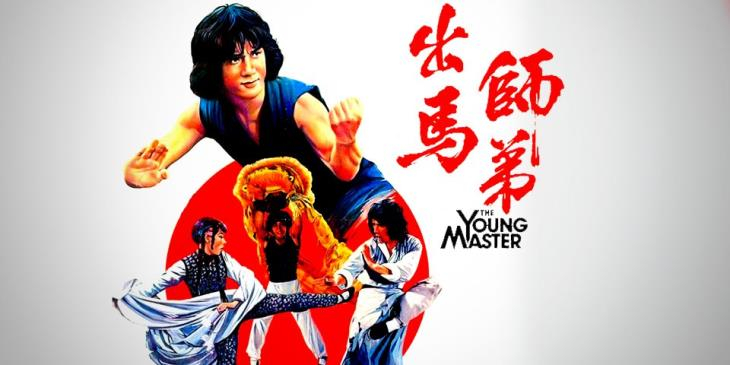
Photo: Xem phim online Photo: actionfan2000 -
Along with "Who Am I?" from 1998, Mr. Nice Guy, directed by Sammo Hung, may herald the end of Chan's run of assured good times. The direct-through line from "Police Story 4: First Strike" (1996) is visible in the Australian locales and English-language script, and it was originally meant as the fifth "Police Story." Chan plays a star chef who becomes embroiled in mob machinations after the crooks assume he has evidence of their wrongdoing in his grasp. They pursue the chef and his associates, and Chan prepares a supper for them.
Some may question my sincerity because of the inclusion of "Who Am I?" but it's a fun mix of casual thrills, hilarity, and the occasional mean-spirited villain. Richard Norton portrays the villain, and he's both a brilliant fighter and a magnificent ham of an actor, having previously co-starred with Chan in the manga-inspired "City Hunter" (1993). Everything builds to an explosive conclusion, although there are some exhilarating setpieces along the way, including a wild construction site skirmish.
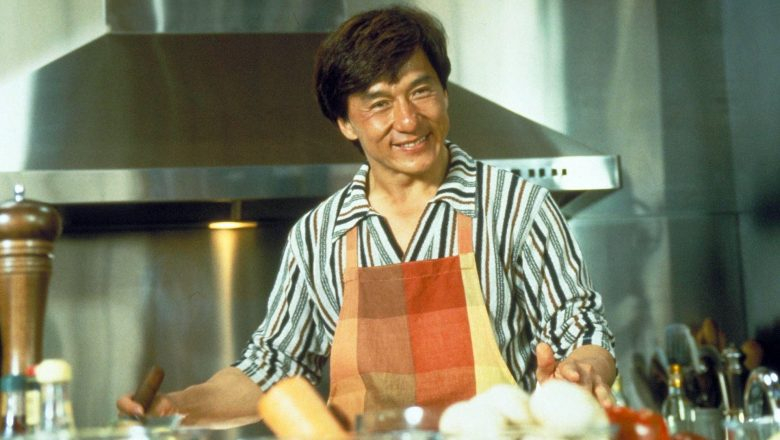
Photo: TVMoi.Net Video: Movie Trailer Locker -
"Snake in the Eagle's Shadow," the oldest picture on this list, earned its place for a variety of reasons. Sure, the plot is predictable — a young man is chastised and beaten until serious training transforms him into a fighting master — but it's still a ground-breaking film. It's not only Yuen Woo-directorial ping's debut, but it's also the first time Chan stops trying to be someone he's not and instead embraces his own style and attitude.
The barebones tale is essentially a framework on which to hang a showcase for both Yuen's choreography and Chan's physicality, both comical and vicious. As Chan's approach evolves to include genuine animal effects and motions, the result is an apparently effortless show of control and precision (to that point, stick with the international versions, as they trim a nasty little brawl between a cobra and a house cat). However, a hilarious segment in which Chan strives to keep the floor clean may be the action highlight.
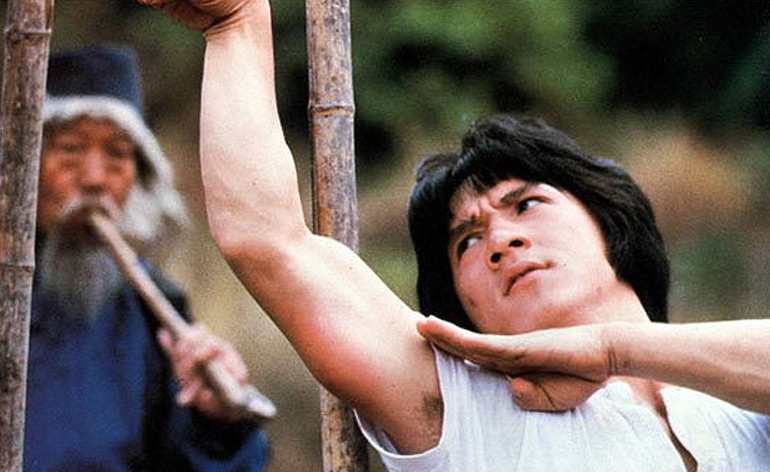
Photo: Kung-fu Kingdom Photo: HD Retro Trailers -
Although "The Foreigner" is a late-career Chan film with little action, it nevertheless deserves it on the list of the best Jackie Chan movies. Chan portrays an immigrant who put his shady past behind him in order to raise his daughter, only for those talents to resurface when she is killed in a terrorist attack and Chan wants vengeance. Pierce Brosnan plays a politician and former IRA member, and while his motivations are hazy, Chan's character is hell-bent on finding those who are to blame.
Martin Campbell, a director with a long list of action films under his belt, successfully combines plot, character, and action to present a gripping story with an emotional punch. While the tale lacks large, exciting set-pieces, Chan offers one of his most dramatic performances as a dour guy motivated by wrath and capable of unleashing hell, the action is all the more rewarding as a result. The best violence is cathartic violence, and Cliff Martinez's score is music to your action-loving heart.
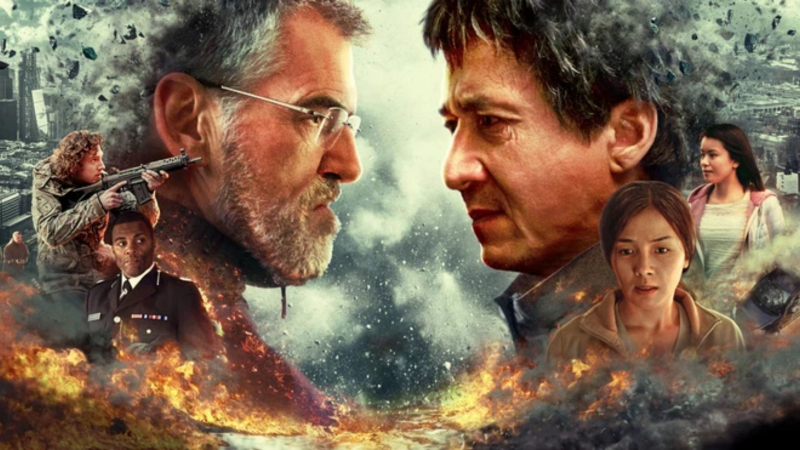
Photo: Kenh14 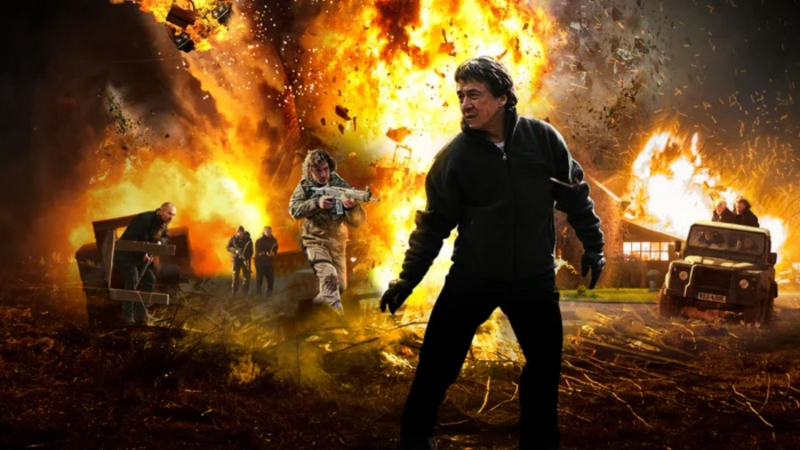
Photo: Galaxy Play

















